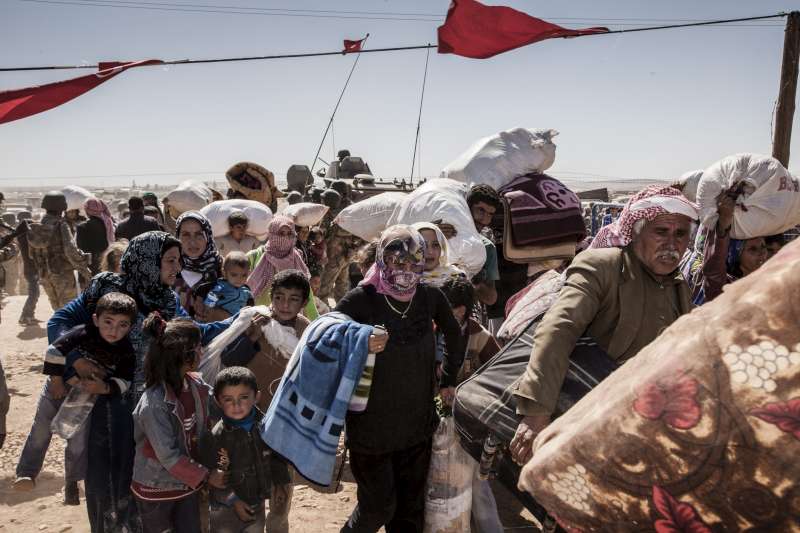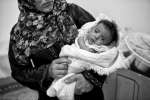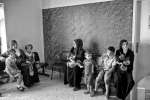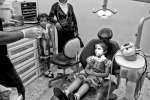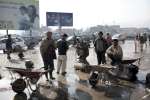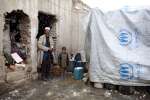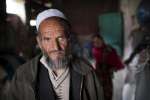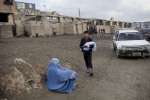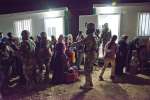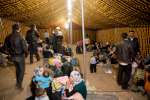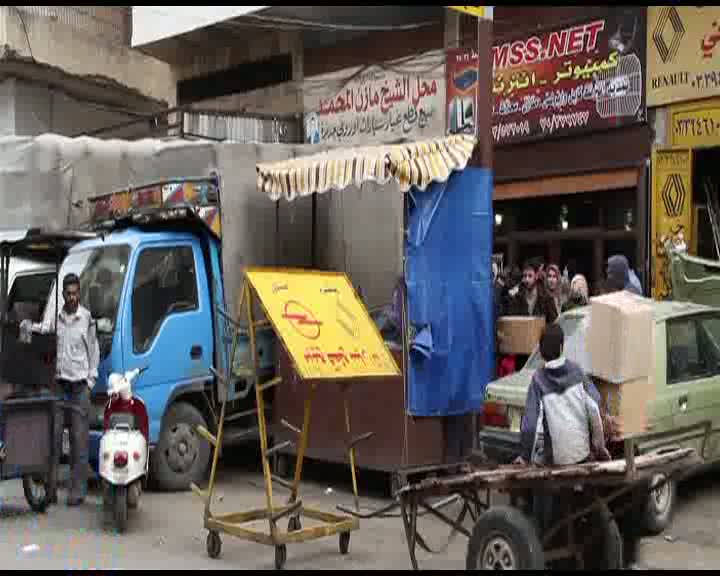Donors pledge US$500 million for UNHCR operations, down on 2014
News Stories, 9 December 2014
GENEVA, December 9 (UNHCR) – Donor nations on Tuesday promised an initial US$500.8 million for the work of the UN refugee agency to help almost 43 million forcibly displaced or stateless people worldwide next year.
Faced with multiple large-scale emergencies in the Middle East and Africa, UNHCR presented its total financial requirements of US$6.23 billion for 2015 at its annual pledging conference, the largest budget ever at the beginning of the year. At last year's conference, donors pledged US$671.6 million, some US$170 million more than the amount granted this year.
While today's pledges are lower than last year and not sufficient to cover all needs, they are important as they give the organization a vital funding indication ahead of the year, allowing it to plan and continue operations without interruption.
UN High Commissioner for Refugees António Guterres thanked the donors for their strong and steadfast support, but warned that the gap between needs and available humanitarian funding was widening.
"More people are fleeing war, violence and persecution than ever before. Emergencies in Syria, the Central African Republic and South Sudan are turning into protracted displacement situations, bringing the world's humanitarian financing system close to bankruptcy," he said. "We need additional and more predictable ways of funding these emergences."
Guterres also thanked refugee-hosting countries for their continuing support and acknowledged "the tremendous pressure that the large presence of refugees has on local resources, public services and facilities. More structural and development support is needed to help communities host refugees fleeing war and violence."
UNHCR only receives a small annual contribution from the United Nations regular budget and its programmes are almost entirely funded by voluntary contributions from government and private donors. Over the last five years, financial requirements have more than doubled, as the number of forcibly displaced people continues to increase.
For this year, the UN refugee agency still requires US$6.6 billion to assist millions of refugees, internally displaced and stateless people and to find solutions for them. To date, it has received US$3.19 billion, or less than half of what it needs. While this allows the organization to cover the most basic needs such as water, sanitation, health and rudimentary shelter, important long-term activities such as vocational skills training, promoting livelihood activities or secondary education remain often underfunded.
More information can be found in the Global Appeal 2015, http://www.unhcr.org/ga15/index.xml
Geneva Pledging Conference for UNHCR 2015 Programmes – 9 Dec 2014




